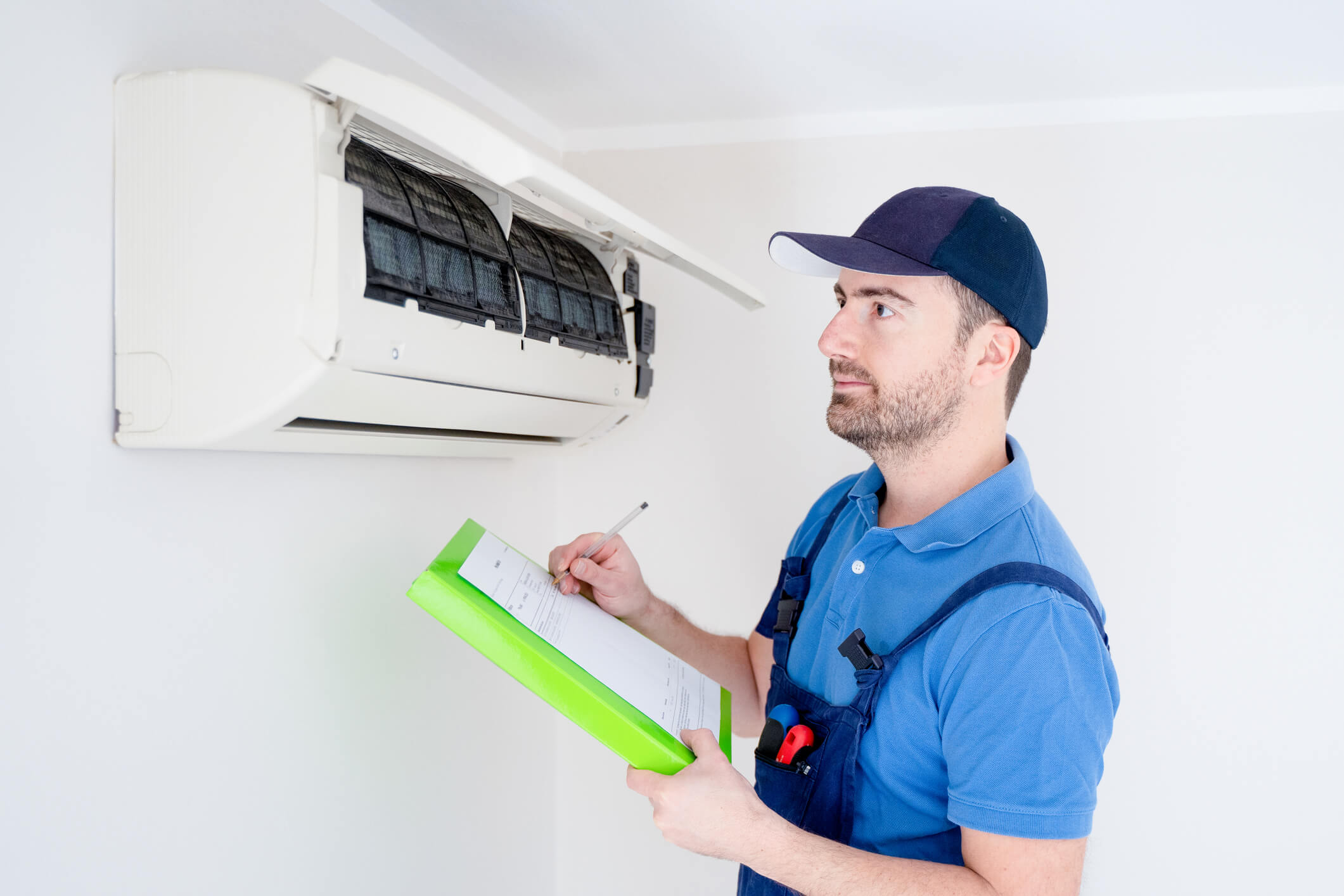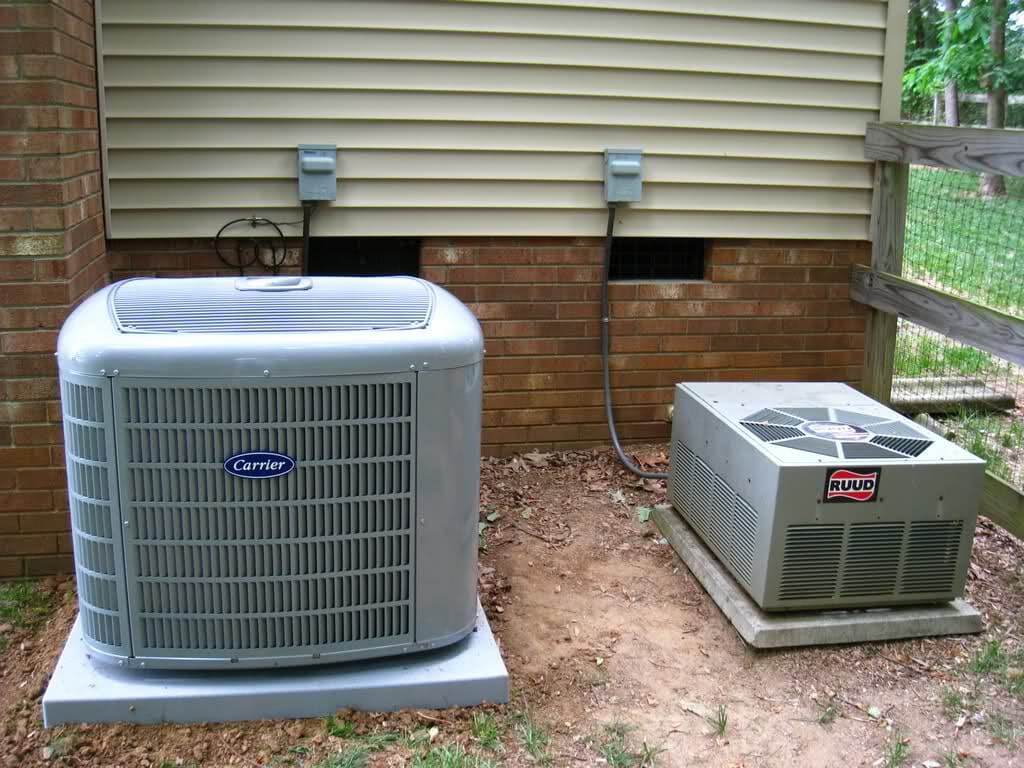When someone searches for industry-specific keywords in your local area, does your home improvement business show up at the top of the search results? Whether your current SEO strategy is stalling or you are just getting started with a new SEO strategy, you need to know where to focus your time and money to maximize your lead generation opportunities.
As you compare the results of various types of home improvement marketing, it is easy to see why Search Engine Optimization (SEO) is a high priority. To put it simply: SEO is the process of improving the quality of your website to show Google that your business is relevant to what people are searching for online.
Why is SEO Essential for Contractor Marketing?
When you improve SEO, it increases visibility and website traffic – ultimately bringing in more leads, which results in higher profits.
As a marketing manager of a home improvement business, there are a few benefits you can expect when you invest time into building your SEO strategy:
- #1 on Search Engines: When you spend time optimizing your website with various keywords, images, and headers, you increase the chances of your website ranking #1 on search engines. Ranking #1 allows more potential homeowners to see your business than if you were ranking #10.
- Boost in User Engagement: Implementing SEO tactics help increase your ranking on search engines and organic traffic to your site. The more traffic to your site, the more user engagement you will see. An increase in user engagement means more people interact with your site and want to learn more about the services you offer.
- Higher Quality Leads: Targeted SEO hones in on higher user intent, increasing the likelihood that website visitors turn into paying customers. For example, carefully choosing keywords gets you closer to homeowners ready to invest in your services.
Adapting to AI in SEO
AI is changing how we use search engines, and it’s especially noticeable in the home improvement business. Catie Bonner, an SEO expert at Modernize, shared that AI is really good at answering simple questions right away. This means fewer people are clicking through to websites when they just need a quick fact, like how much something costs. For instance, there’s been about a 20% drop in people visiting websites for these kinds of questions because AI gives them the answers directly.
To handle this, Catie’s team is focusing more on local searches and content that’s really specific about what people want. For example, while AI can tell someone the average cost to replace a door, it’s not as good at guiding someone to a local door installer in their own city, like Austin, TX.
That’s why they’re putting more effort into local SEO and creating content that directly addresses what people are actively looking to do—like reviews and detailed service descriptions. This kind of content is less likely to lose out to AI because it deals with detailed needs that are specific to certain areas or services, and these are areas where AI doesn’t perform as well right now.
By focusing on these areas, businesses can keep up with the changes AI is bringing and continue to attract visitors to their sites.
Focus on High-Intent Content and Local SEO
To mitigate the impact of AI on generic informational content, shift your focus towards high-intent and local SEO strategies. This involves targeting specific, transaction-based queries that lead directly to services, such as “window replacements near me” or “best window installers in [city name].” These types of searches often bypass broader AI interpretations, directly connecting you with potential customers who are ready to engage.
Optimization for User Experience and Authority
Enhancing the user experience and establishing authority through your site’s content are more important than ever. Google’s algorithms continue to prioritize websites that provide an excellent user experience and demonstrate expertise, authority, and trustworthiness (E-A-T). Regularly update your site with accurate, authoritative content and ensure it is easy to navigate and engage with.
How to Start Your SEO Campaign
Here are a few strategies you can implement when creating an effective SEO campaign:
Conduct an SEO Audit
It is not necessary to start from scratch with your SEO strategy. Before you launch your new campaign, evaluate the performance of your website. In other words, perform an SEO audit. Effective SEO audits continually include a review of both on-site and off-site optimization. Not only do you learn more about the overall performance of the website, but you create a clear plan to outrank your competitors.
Select Target Keywords
Now that your SEO audit is complete, it is time to select baseline keywords relating to your home improvement business. What phrases do you want your site to show up for in the search engine results? Choosing the correct keyword phrases helps to focus your SEO efforts on the highest opportunities for bringing in qualified leads.
Hire an SEO Writer
Hiring an SEO writer is an excellent investment if you have room to fit this expense into your marketing budget. Publishing high-quality content increases your website’s reach, helping you to rank for additional long-tail keywords. Most home contractors do not have the time or expertise to focus on blog posts and article writing, which is why it makes sense to hire a writer.
A marketing writer offers multiple benefits for your company. Not only does quality content bring in more leads for your business, but engaging content is also beneficial to increase brand awareness. The goal is to provide information that is useful to your reader, helping to establish industry authority.
Lead Generation and SEO
Our team of SEO experts at Modernize understands the best strategies to generate quality homeowner leads. Our leads help your business because they are homeowners with high intent on starting a project, helping to boost your profits and fill your schedule. Learn more about these quality home improvement marketing services by reaching out to Modernize for more information.













